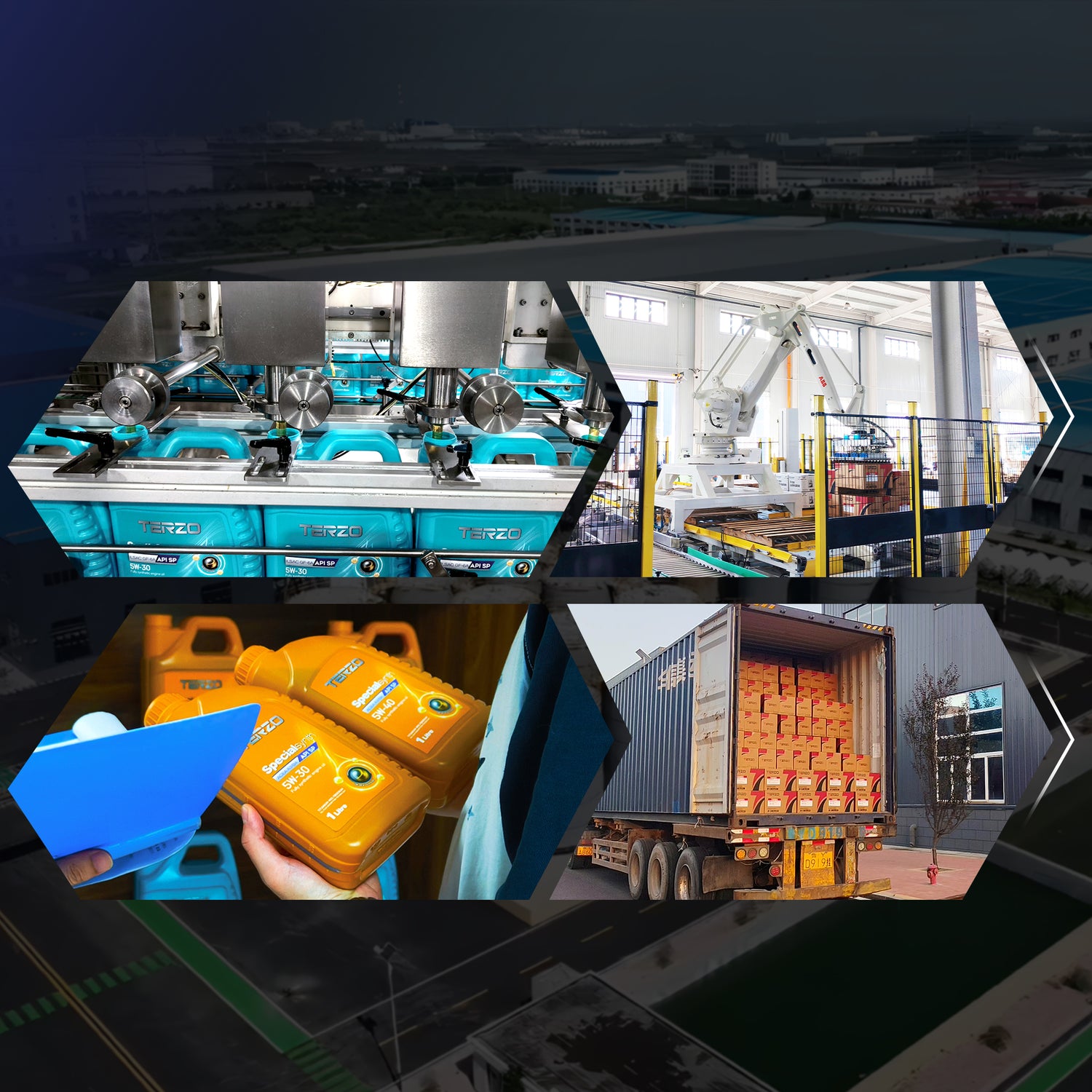
The New API SQ standard in 2025 and Its impact
The Upcoming API SQ Standard: A Performance Revolution Reshaping the Lubricant Industry in 2025
Amidst the roaring of car engines, a groundbreaking transformation is quietly brewing—one set to redefine the lubricant industry. Unveiled at the end of March, this revolution is none other than the new API SQ standard. More than just an upgrade to the previous SP standard, it marks a pivotal innovation in lubricant technology, promising to redefine engine performance, environmental compliance, and fuel efficiency. But how will this shift profoundly impact vehicle owners and lubricant distributors? And what strategies can we adopt to seize opportunities amid this transformation? Let’s dive into the heart of the API SQ standard and explore this impending "performance revolution" that will reshape the lubricant landscape.
The Launch of the New API SQ Standard
As the latest generation of gasoline engine oils, the API SQ standard transcends its predecessor (SP) to become a landmark innovation in the lubricant industry. Global players in the lubricant sector are closely monitoring its rollout. Building on the SP standard, API SQ introduces significant enhancements to meet the rigorous demands of modern high-performance engines. By elevating cleaning and dispersibility, boosting high-temperature oxidation resistance, and adding critical metrics like turbocharger protection and fuel economy, it has captured widespread attention.
Core Improvements of the New Standard
The API SQ standard incorporates multiple advancements tailored to the stringent requirements of contemporary engines. These upgrades not only enhance lubricant performance but also optimize chain wear protection, ensuring long-term engine stability. Key improvements include:
1. Low-Speed Pre-Ignition (LSPI) Protection
API SQ strengthens safeguards against LSPI—a common issue in turbocharged gasoline direct injection (TGDI) engines—through new testing protocols. This enhancement significantly improves engine protection, extending performance and lifespan.
2. Chain Wear Protection
By optimizing the "x-sequence" test, the standard reduces wear on engine timing chains. Chain degradation is a major contributor to long-term engine instability; this improvement lowers maintenance costs and prolongs engine life.
3. Environmental and Fuel Efficiency Gains
A cornerstone of API SQ is its focus on sustainability. By capping sulfate ash content at 0.9%, it protects gasoline particulate filters (GPFs) and reduces harmful emissions, driving the development of greener, more efficient lubricants.
4. Ultra-Low Viscosity Grades
The introduction of ultra-low viscosity grades like SAE 0W-8 and SAE 0W-12 marks a leap in fuel economy. Notably, SAE 0W-8 minimizes friction while excelling in North American vehicle applications, offering owners new choices for efficiency.
Impact on Vehicle Owners and Distributors
Benefits for Vehicle Owners
Owners stand to gain significantly from API SQ-compliant lubricants:
- Enhanced Engine Protection: Comprehensive safeguards ensure stable performance and extended engine life.
- Fuel Cost Savings: Improved fuel economy directly reduces operational expenses.
- Environmental Compliance: Products meeting API SQ align with stricter emission regulations, providing peace of mind.
Challenges and Opportunities for Distributors
For distributors, the new standard demands updated expertise. Success hinges on:
- Deepening product knowledge to guide customers accurately.
- Leveraging market opportunities by aligning with the industry’s shift toward higher-performance, eco-friendly lubricants.

Strategies to Navigate the API SQ Transition
For Vehicle Owners
- Verify Certification: Always check for the API SQ certification mark on product packaging to ensure compliance.
- Regular Maintenance: Proactively monitor oil levels and replace lubricants promptly to maintain engine health.
For Distributors
- Collaborate with Suppliers: Stay informed about product upgrades and technical details from lubricant manufacturers.
- Invest in Training: Participate in workshops to master the nuances of API SQ-compliant products, enabling expert customer advice.
- Track Industry Trends: Monitor regulatory updates and market demands to ensure inventory aligns with the latest standards.
Conclusion
The API SQ standard is more than a technical milestone—it’s a catalyst for change in the lubricant industry. By prioritizing engine protection, sustainability, and efficiency, it sets a new benchmark for performance. For owners, it promises safer, cheaper, and greener driving; for distributors, it offers a chance to lead in a rapidly evolving market. As we embrace this revolution, staying informed and proactive will be key to thriving in the era of API SQ.
In the coming years, the roar of engines may sound the same, but beneath the hood, a new generation of lubricants—powered by API SQ—will drive progress, reliability, and a cleaner future.




